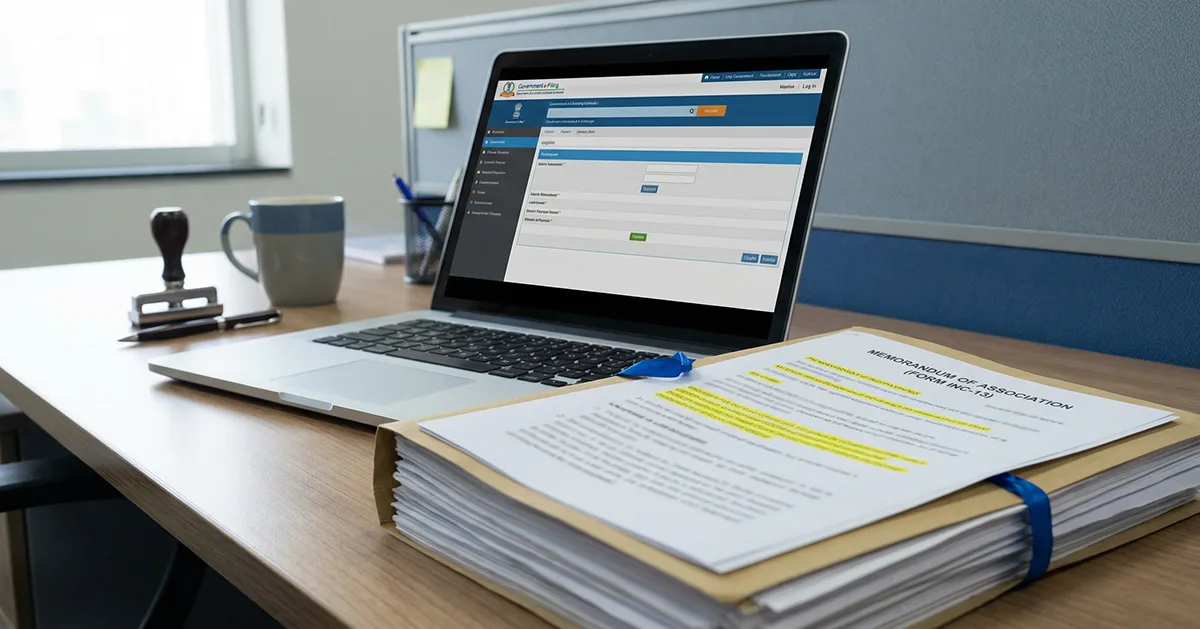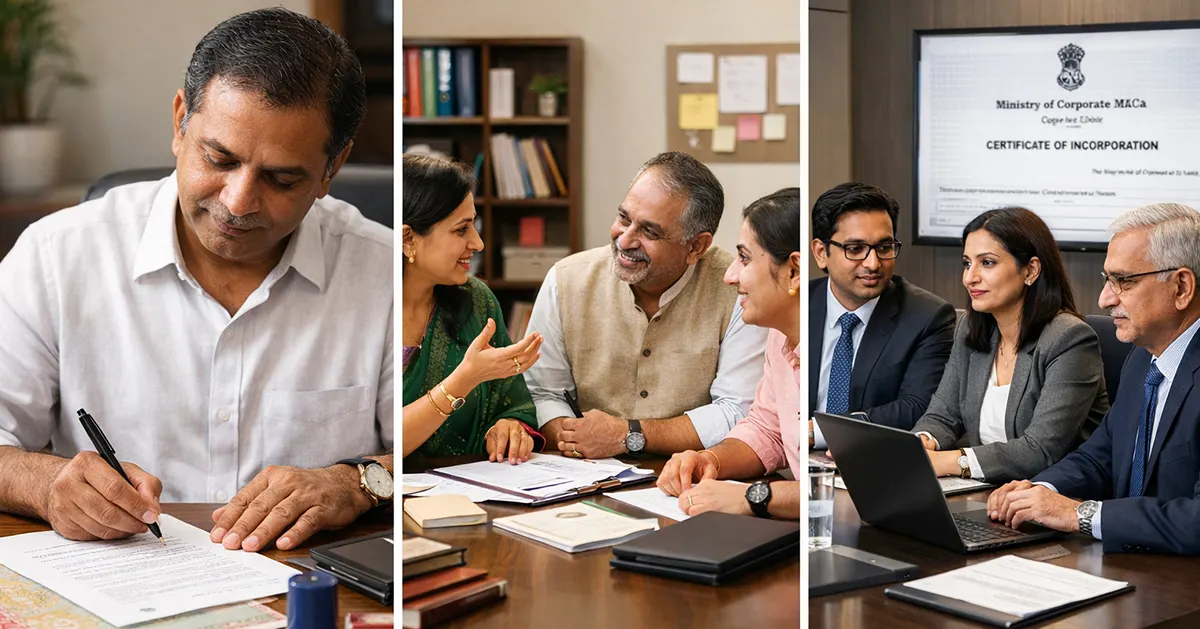A Section 8 Company is a legal entity registered under the Companies Act, 2013. Its primary objective is to promote arts, commerce, science, sports, education, research, social welfare, religion, charity, environmental protection, or similar purposes.
Unlike a private or public limited company, a Section 8 company does not distribute its profits to its members. Instead, it uses all its income and earnings to further its charitable objectives. The government grants a special license for this purpose, which adds to the company's credibility and public trust.
Understanding Non-Profit Organizations in India
In India, non-profit organizations primarily operate as Trusts, Societies, or Section 8 companies. Each of these structures serves a similar purpose but has a different legal framework. A Trust is a legal arrangement where property is managed by trustees for the benefit of others, governed by the Indian Trusts Act, 1882. A Society is an association of people who come together for a common purpose, registered under the Societies Registration Act, 1860.
A Section 8 company, on the other hand, is a corporate entity. It offers a more formal and professional structure, which often makes it more attractive to corporate donors and government agencies. Its governance is strictly regulated by the Ministry of Corporate Affairs (MCA), providing a high level of transparency. This is why many organizations prefer to register as a Section 8 company.
Key Features of Section 8 Companies
Section 8 companies come with unique advantages that set them apart from other non-profit structures. Below are the core features:
- No Profit Motive: The main goal of a Section 8 company is not to earn profits. If it does earn any income, it must use that income to achieve its stated objectives. It cannot pay dividends to its members.
- Charitable Objects: The company must have clear objectives that fall under the categories mentioned in Section 8 of the Companies Act, 2013.
- Increased Credibility: The corporate structure and strict compliance requirements give Section 8 companies a higher level of public trust. They are generally considered more reliable than other forms of non-profits.
- Perpetual Existence: A Section 8 company has a separate legal identity from its members. It continues to exist even if its members change, ensuring the longevity of its mission.
- Tax Benefits: These companies are eligible for tax exemptions under Sections 12A and 80G of the Income Tax Act, 1961. This means the company's income is exempt from tax, and donors can receive tax deductions on their contributions.
- No Minimum Capital Requirement: The Central Government has exempted Section 8 companies from the minimum paid-up capital requirement, which makes the registration process more accessible for new organizations.











